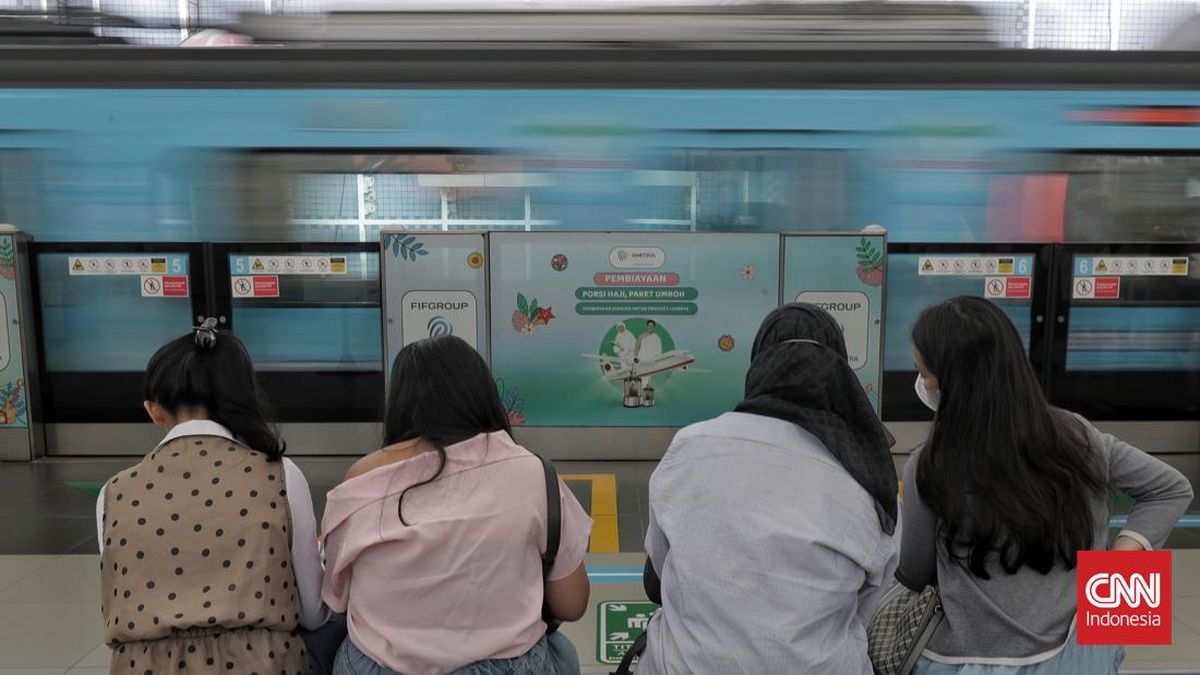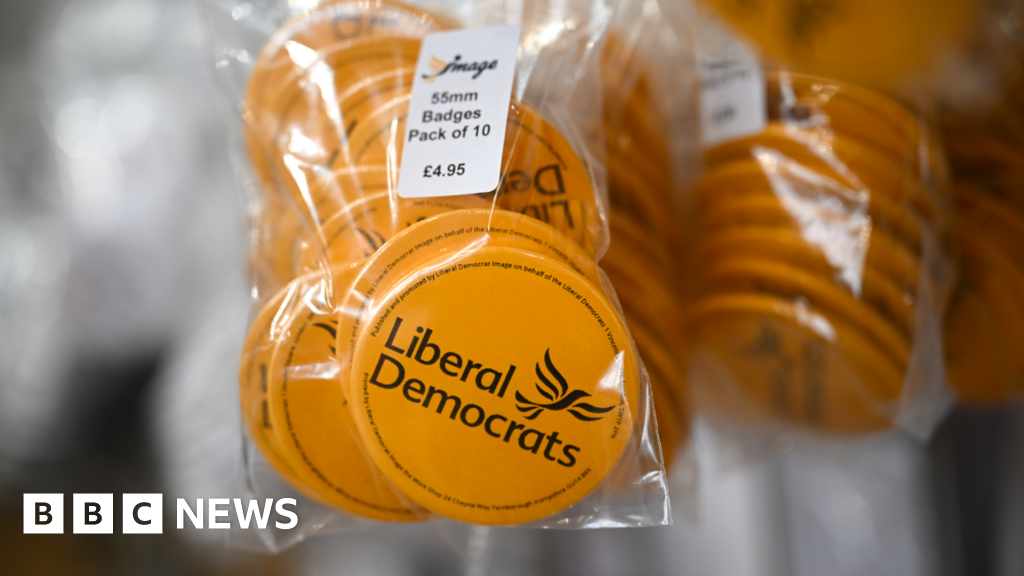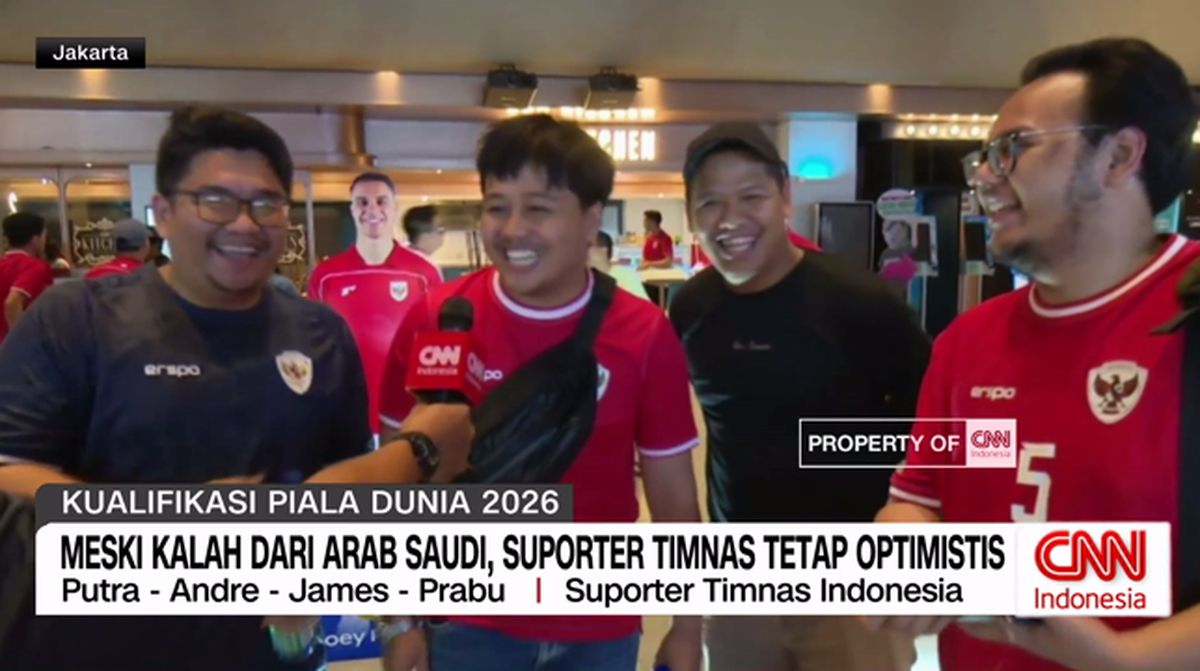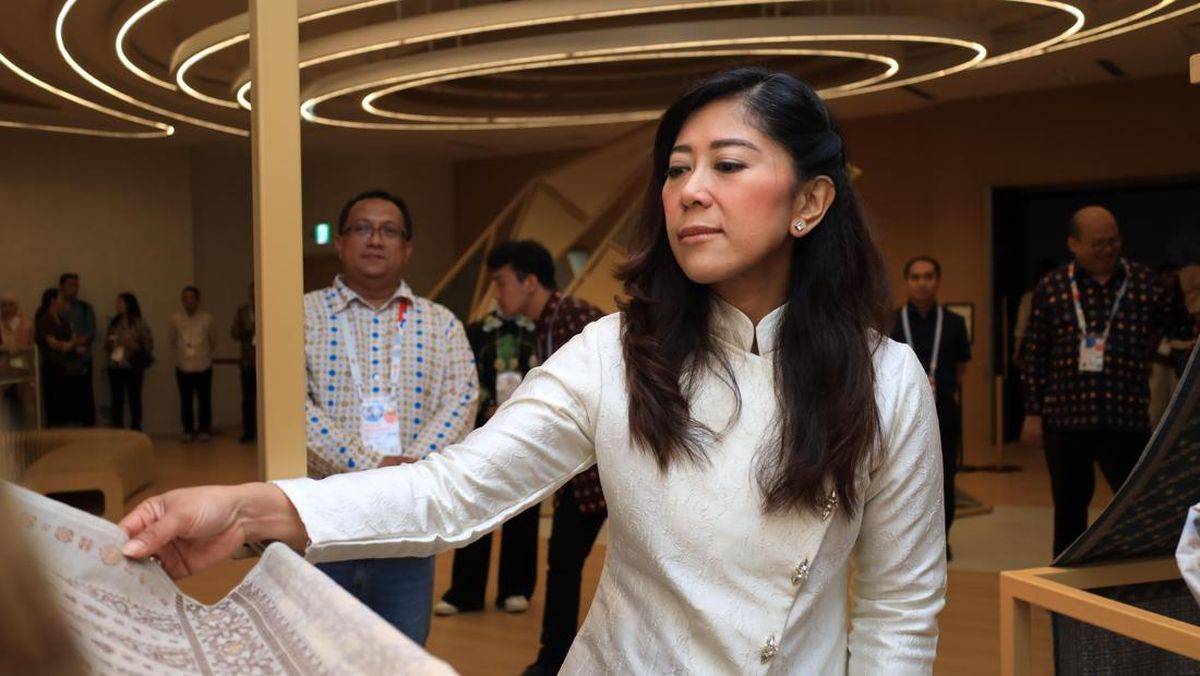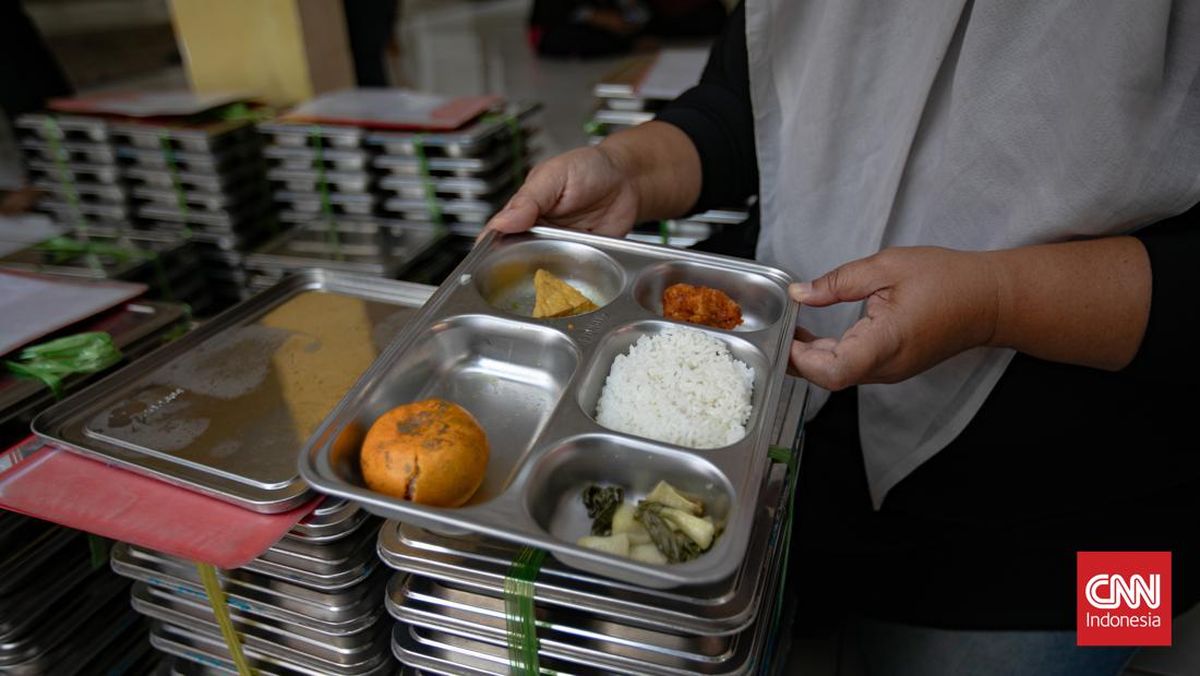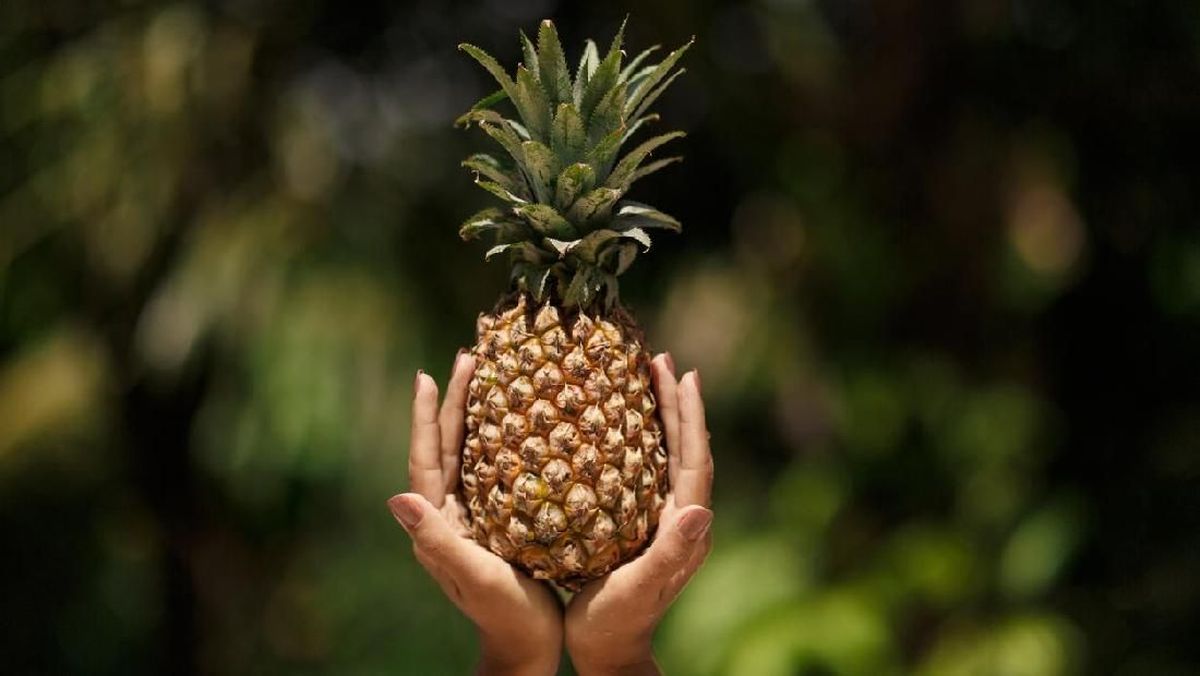From luxury hotel stays to elaborate parties and custom-made dresses, 5-year-old Miss Ellie Donut is regularly spoiled by her “mum”, 51-year-old Melbourne woman, Michelle Wai.
“Ellie deserves to be spoiled in every way possible. I am the only constant she has, and if I don’t spoil her, who will?”
Purchased for $4000 from a breeder five years ago during the pandemic, Wai says that Ellie, a cavoodle, has brought joy to her life.

Table for two: Michelle Wai has no hesitation in spoiling her cavoodle, Miss Ellie Donut.Credit: Eddie Jim
“The unconditional love she has shown me is way more than any human has ever shown me,” she says.
“Ellie is my child, my best friend. She is my rock. I tell everyone she is my baby, especially men I am meeting. [I tell them] that I have no human kids, but I have a furry kid, and if Ellie said no to them, then that’s it.”
To show her appreciation, the proud pet parent uses her love language – gift giving – with no expense spared.
Over the years, this has included five-star hotel stays at the Langham and Ovolo, beachside holidays, a wardrobe with dresses, including four “pretty fancy” custom dresses made in the Philippines, tutus, bandanas, tags, hair bows, sunglasses and handbags, weekly visits to local cafes and dog-friendly restaurants, regular puppuccinos, home-cooked meals, crystal-covered bows that retail for over $3,000 and regular grooming.
“For her third birthday, we had a huge party where we had nearly 30 dogs, where we had cakes, treats and goodie bags, just like a party for a human. Last year, we had a few different catch-ups with her friends in cafes, and we brought doggy cakes for everyone,” explains Wai.
Wai says that while she doesn’t keep a tab of every Item that she buys, she estimates that she would spend approximately $1000 per month on Ellie.
She isn’t the only Australian splashing cash on her pet.
According to the Pets in Australia national survey by Animal Medicines Australia (AMA), the industry body representing the animal health industry in Australia, 73 per cent of Australian households now have a pet, an increase of 11 per cent since 2015.
Loading
“In Australia, the shift from ‘pet ownership’ to seeing pets as family members is descriptive of an attitudinal shift that has been identified in our research,” said Ben Stapley, executive director of Animal Medicines Australia. “When people see themselves as pet parents rather than pet owners, many pet owners may invest in their animals’ well-being extensively,” he says, which, according to AMA’s data, equates to over 21 billion dollars annually.
Some of the items pet owners are spending on, according to the study, include higher quality or specialised pet food products, including supplements and specialised diets for weight management and allergies, as well as products and services historically not available to pets, including pet day-care and holidays.
“This reflects owners’ priorities to meet all the needs of their animal,” says Stapley.
Dr Rachel Hogg, a senior lecturer of psychology at Charles Sturt University, whose research area includes human-animal interaction, says that this trend could be, in part, a response to the current economic and social turmoil we are living through.
“Spending on pets may be occurring as part of the lipstick recession effect, where during periods of economic hardship we tend to spend more on smaller-scale, affordable luxury items,” she says.
She says the trend could also be as simple as investing in someone we care about.
“We spend money on the things we value, and I think broadly this movement reflects the value that we place on pet animals as a society,” she says.
For 40-year-old Central Coast woman, Jodie Humphries, her financial investment for her dog of 9 years, a Silky Tzu named Wally, is upwards of $30,000.
Two years ago, Wally [then 7] experienced a slipped disc and underwent spinal surgery. Since then, he has been undergoing regular rehabilitation, including physiotherapy, hydrotherapy and acupuncture, to help him walk independently again.
“All of these things were supposed to help, and it has helped in certain ways, just not gotten his legs back 100 per cent,” says Humphries.
Additionally, Wally undergoes Reiki, which Humphries says, “helps keep him calm.”

Wally went through extensive and expensive surgery and now needs to use a set of wheels to get around.Credit: Dean Sewell
Recent research from Hills Pet Nutrition revealed that more than half of Australian pet owners are investing money in their pet’s wellness, including treatments usually associated with humans, such as red-light therapy (14 per cent) and chiropractic treatments (22 per cent), parting with an average of nearly $1000 per month on the alternative therapies.
In Humphries’ case, she says that some of Wally’s costs, including vet visits, surgery, emergency care, and various rehabilitation treatments, have been covered by pet insurance, while other products, including ramps and mobility aids, including his “wheels” and a pram, have been paid for in full by Humphries or gifted by family and friends.
Loading
In addition to treatments and aids related to his disability, Wally also enjoys some of the finer things in life, including premium pet food, parties, annual Santa photos, and holidays.
“He also has his own closet filled with outfits that range from jumpers to costumes to matching Christmas shirts… He actually has his own bedroom in my house,” Humphries says.
But she has no qualms about spending her money on Wally because, for her, he is her only child.
“A lot of people would say I’ve probably spent too much money on him, but I don’t really care what they think,” she says. “It’s different from when I was little, when pets were just pets. Now people work them into being members of the family because they are. Wally is my sole child, and I know he’s not going to be here forever, but while he’s here, I just like to spoil him and give him the greatest possible things.”
Wai shares the same sentiment.
“I always visualised myself having a daughter and dressing her up like a princess. Ellie is the child I wasn’t lucky enough to have,” she says.
“Ellie deserves to be spoiled in every way possible.”
Make the most of your health, relationships, fitness and nutrition with our Live Well newsletter. Get it in your inbox every Monday.
Most Viewed in Lifestyle
Loading


